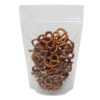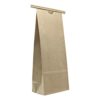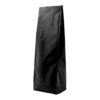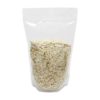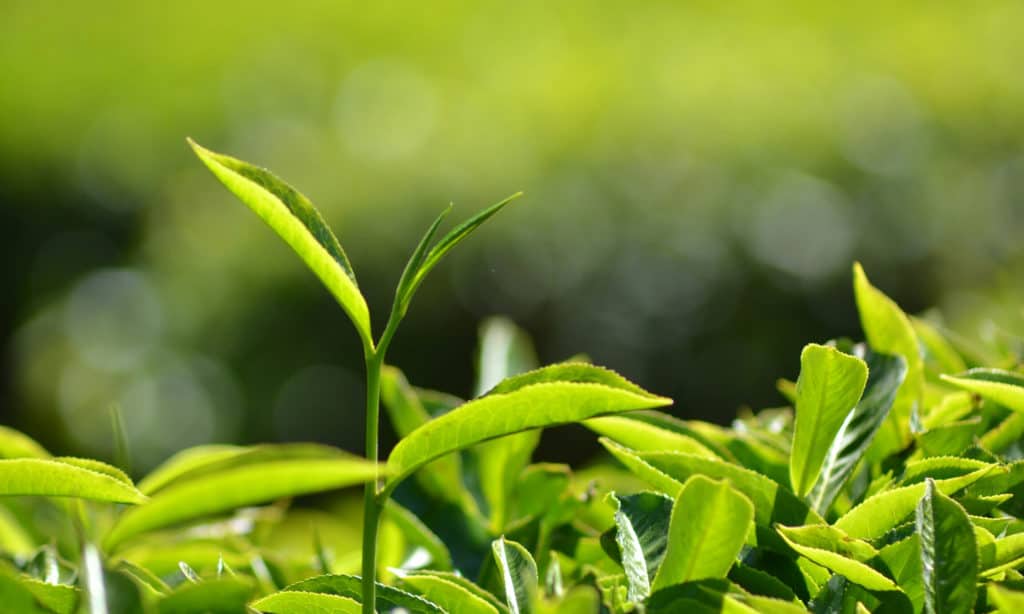Blog
Factors Influencing Caffeine Levels in Tea
Who doesn’t enjoy a great cup of tea? How many of us wonder about the factors that influence the caffeine levels, and quality of different tea varieties?
What is Caffeine?
It is a stimulant, which naturally occurs in several different plants. Since it is water soluble, it can be extracted into a cup when brewing tea, coffee, or other beverages that contain caffeine.
Various factors influence the caffeine levels in tea
They include but are not limited to: climate, geographic location, preparation, blends, and environmental changes. For example, tea harvested during peak season tends to have a higher caffeine content than tea harvested out of season.
Tea that is dried and stored over a six-month period tends to have a higher caffeine content than that of freshly manufactured tea.
Black tea versus green tea
Black tea contains more caffeine than green tea, and dried tea leaves have a higher caffeine content than that of unbrewed coffee.
Once these beverages are prepared, the amount of caffeine also varies, depending on how strong the consumer wants it. Because the preparation of tea results in greater dilution of caffeine, coffee, once prepared has a higher caffeine content than tea.
Unlike what most people believe, there are herbal teas that are caffeine free, but true teas that claim to be caffeine free, still contain caffeine.
Can the caffeine content be reduced by rinsing, the tea bags first?
Reusing tea bags might slightly reduce the amount of caffeine content. However, it does not remove the caffeine altogether. In fact, rinsing the teabag will not only remove very little caffeine content, but it will also remove many of the beneficial ingredients as well, such as antioxidants.
Buds, tips, leaves, and stems
Different parts of the tea plant will also yield differing caffeine levels. The newly formed leaves, buds, or tips, contain more caffeine than that of the older leaves.
The stem of the tea plant contains very little caffeine, so teas formulated from this part of the plant have much lower caffeine levels than tea manufactured from the buds. The more buds in the product manufacturing process, the higher the content of caffeine.
Different grades of tea will also have an effect on the level of caffeine. Whole tea leaves impart less caffeine than broken tea leaves. Tea bags consist of broken tea leaves, so caffeine levels tend to be higher and get released more rapidly.
Caffeine levels and how tea is prepared
The caffeine levels in tea have most to do with how it is prepared, how much water is added, temperature, and how long it is brewed. The caffeine levels have nothing to do with the types of tea being prepared.
It depends on how they are prepared. For example, white tea that is brewed for a short period, at a low temperature, will have a lower caffeine content, than if it were to be prepared like black tea. White tea could end up having a stronger caffeine content than black tea, if brewed for a longer time, at a higher temperature.
It is a myth to think that green or white tea, have lower levels of caffeine than black tea. Any color tea, whether black, green, or white, can have either a high or low caffeine content.
The type of water used may have only a slight impact on the caffeine content. Caffeine infusion is reduced when the PH level of the water is high. Reducing the PH level of the water will result in a higher caffeine concentration and a better tasting cup of tea.
Shade versus sun
Teas that are grown in shade change the way chlorophyll is formed, which results in higher caffeine content. Blended teas are lower in caffeine because they are blended with herbs or spices.
People will brew these teas the same way as regular teas. Since there are fewer tea leaves, but the same water content, the total amount of tea leaves used are a lot less, because of partial herb/spice infusion. This means less caffeine.
Powdered teas
Powdered teas tend to have a higher caffeine content, due to it being more concentrated, as the entire tea leaf is used in the manufacturing process. If a person is trying to reduce their caffeine consumption, it is best to opt for herbal/caffeine free tea varieties instead.
Tea is a healthy choice
The best news is that tea is good for you, in moderation. You are less likely to experience a “caffeine crash,” because the antioxidant levels slow the absorption of caffeine in the body, resulting in being alert for longer, with no crash at the end.
Although there are many health benefits associated with tea, heavy caffeine intake can have negative impacts on health. People who suffer from insomnia or anxiety might want to reduce their caffeine intake.
Caffeine content may be relatively low in tea. However, those who drink large quantities of tea makes the caffeine content high enough to be a matter of concern to people sensitive to caffeine for medical reasons.
Whether it’s caffeinated, decaf, green, white, herbal, or black, there is a variety to suit everyone. A great cup of tea can make anything seem better. So, let’s put the kettle on, put our feet up, and enjoy our favorite cup.

